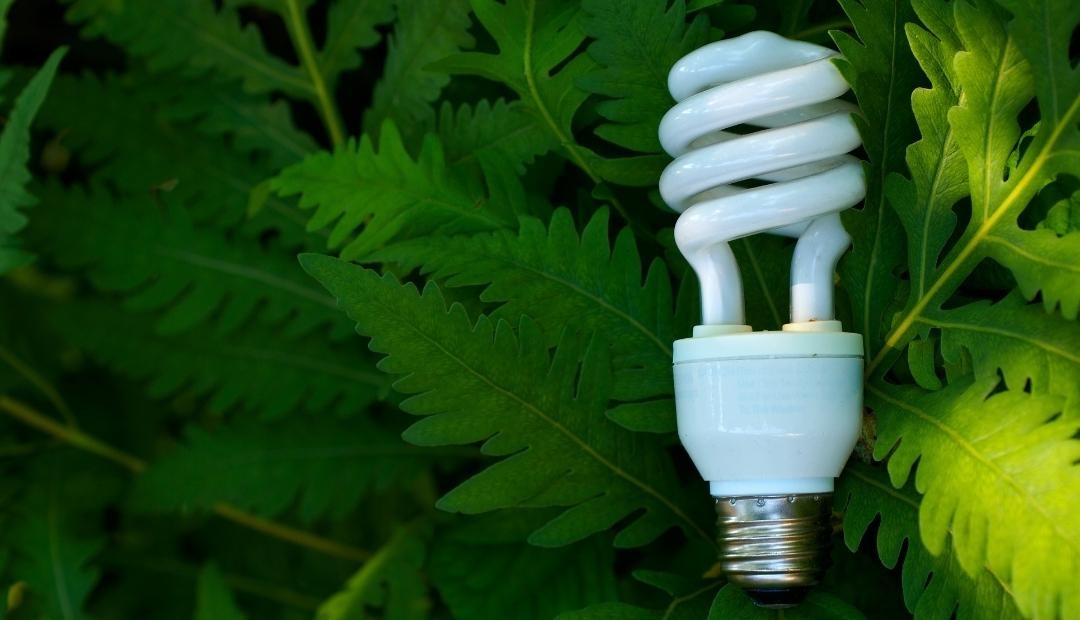In the vibrant locale of Baytown, where finding Baytown apartments for rent is just the beginning of your journey, embracing an eco-friendly lifestyle is becoming increasingly crucial. As global awareness of environmental protection grows, individuals are eagerly adopting green habits. From recycling to plant-based diets, people everywhere are crafting personal strategies to minimize their carbon footprint.
Feeling like you're missing out on the action? Rest assured, transitioning to a sustainable lifestyle doesn't happen overnight, nor does tackling environmental challenges.
If you're ready to greenify your apartment and lifestyle, you've already made a significant initial step toward battling climate change.
Wondering what your next move should be?
In this article, we've outlined eight practical steps to help you transform your living space into an eco-conscious sanctuary.
1. Choose Energy-Efficient Appliances
Let's start with your most commonly used household items: your electronic devices. Energy-efficient appliances not only produce low greenhouse gas emissions-they also lower your electricity bills.
Before buying that high-tech washing machine or talking refrigerator, check it for any Energy Star certification. That way, you can know for certain whether you're getting an energy-efficient appliance or not.
2. Conserve Energy
Even if you do opt for energy-saving appliances, you'd still be wasting energy if you keep them plugged and powered when not in use.
Try conserving energy by pulling the plugs of your devices before you sleep or leave your home. Or rather than watching TV or scrolling on your phone all day long, you might want to consider unplugging figuratively, like reading books, going on a hike, or meditating.
Don't forget to save both electricity and water! The general rule of thumb is: shut it off when it's not being used.
3. Make the Most of Natural Light and Ventilation
Another way to cut down your electricity bills? Open up your curtains and windows.
Use sunlight to brighten up your space and let in fresh air to improve your indoor air quality. Taking full advantage of nature's light and ventilation is energy-saving and healthier for you and the environment too.
4. Grow an Urban Garden
Want to naturally clean your indoor air, shop less, and help protect your local pollinators? You might want to take up the hobby of growing your own food.
If you have a small balcony or a window, then you're good to go. You can easily grow herbs and vegetables in containers and hang them in any sunny spot in your apartment.
5. Shop Local
If you don't have a green thumb, you can always opt for locally grown produce.
Buying local goods means less packaging used and less gas consumption (and carbon emissions) from transport. It also helps boost your local economy and support small businesses.
6. Cook More
After you've gone through your grocery checklist, it's time to get cooking.
Because most restaurants use tons of single-use packaging for takeout orders, enjoying homemade food helps cut down plastic waste. What's more, since restaurants contribute to a huge amount of food waste, you get to have more control over waste when you cook for yourself.
7. Avoid Disposables
Instead, shop with reusable bags, go strawless, and store your leftovers in sturdy glass containers rather than in flimsy plasticware. By steering clear of disposables, you can help save the energy and resources that go into making them and reduce the waste that ends up in landfills.
8. Learn to Compost
Have kitchen scraps waiting to be tossed out? Don't throw them away just yet. You can use them to create your own compost.
Just grab a bin, add some soil and twigs, put your leftovers in the bin, and cover it. Give it a quick turn to aerate the pile and repeat the process as you dispose of your food scraps.
When you start composting at home, not only will you have a way of recycling waste, but you'll also have healthy (and free) soil for your garden.
Oxford at Country Club Apartments in Baytown, TX



